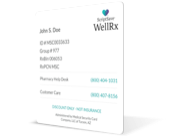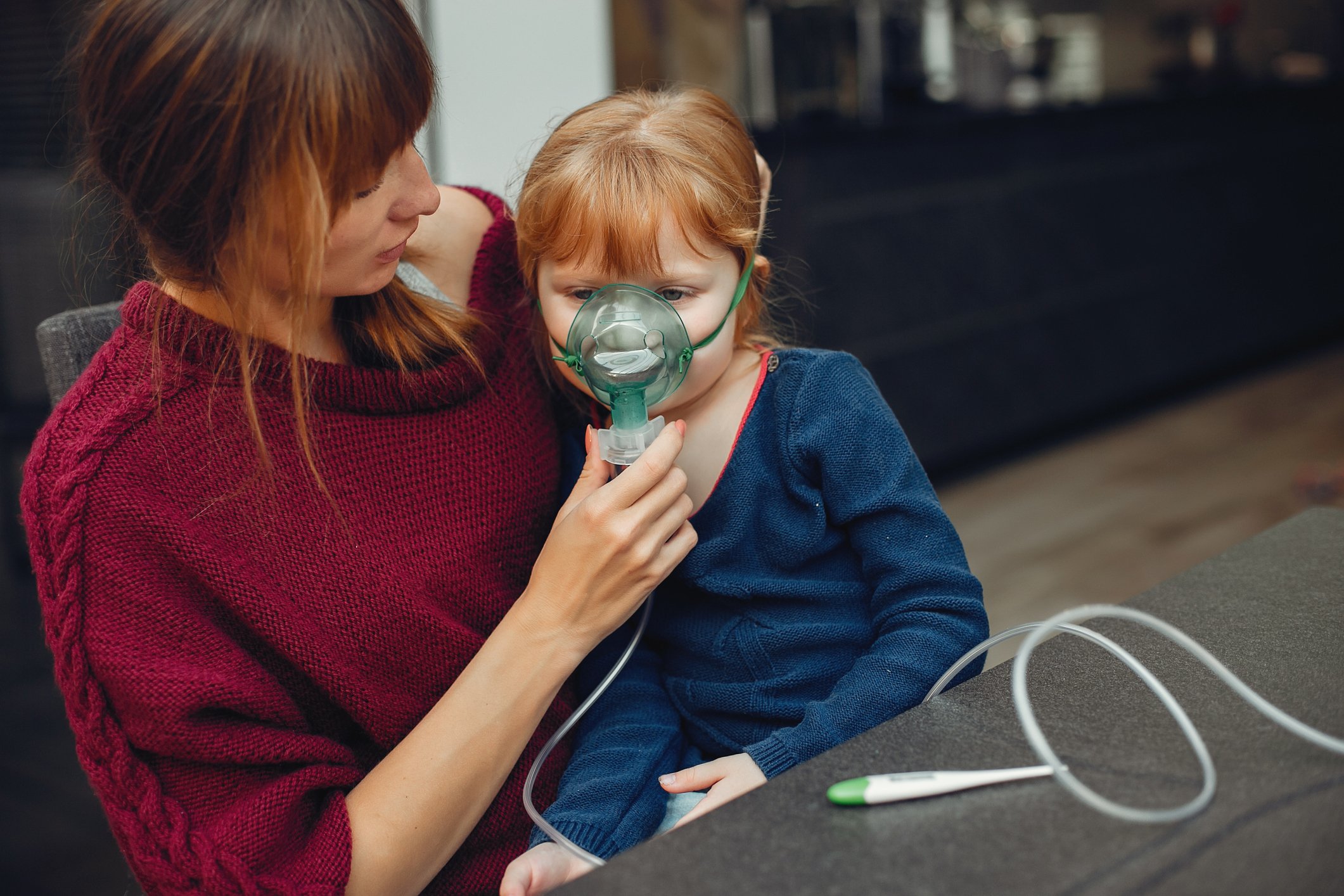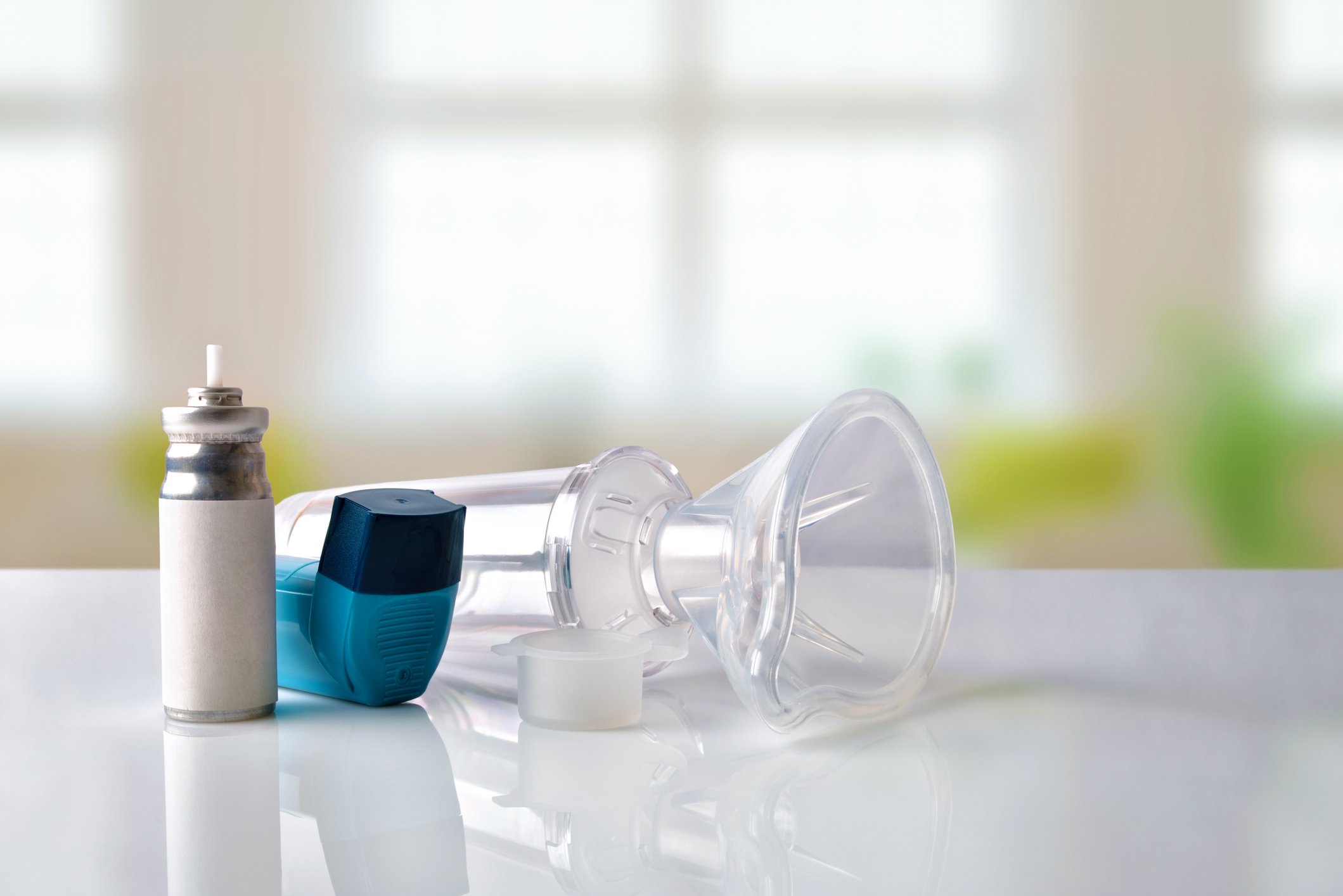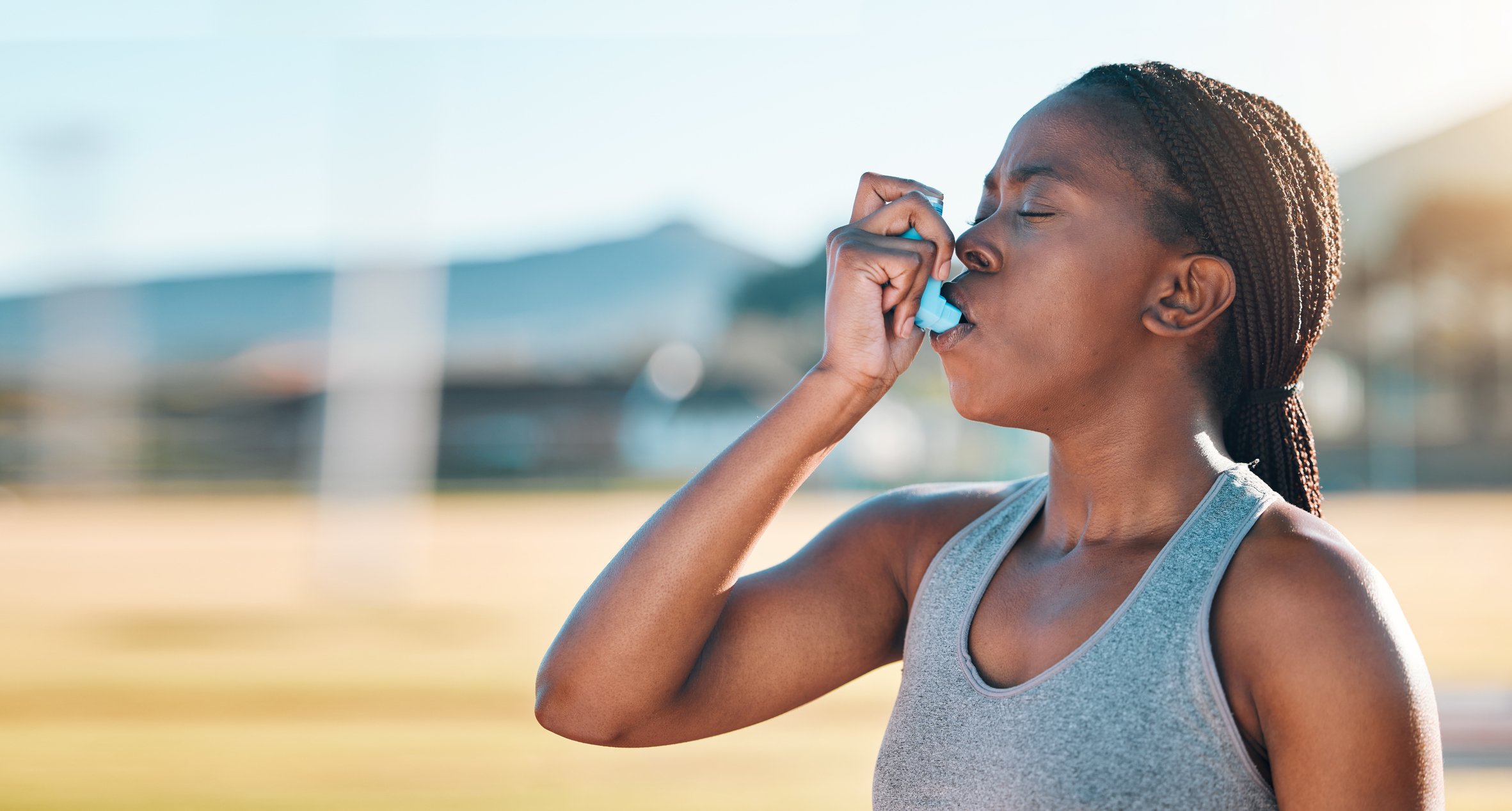Copyright 2025
Medical Security Card Company, LLC
All Rights Reserved
We take the privacy of your personal information seriously. By signing up I agree to WellRx's terms of use and privacy policy.
By Libby Pellegrini, MMS, PA-C
March 05, 2020
Whether it is prescription strength or available over the counter, virtually every medication carries a risk of side effects. Even medications as seemingly benign as daily vitamins and basic pain relievers can cause unintended symptoms.
One of the most obnoxious medication side effects is skin dryness. Skin dryness happens when moisture is lost from the top layer of the skin, which is known as the epidermis. This loss of hydration can cause pesky symptoms such as skin flaking, itching, tightness, or burning.
Read on to learn more about which medications can cause skin dryness and how to manage this symptom.
A diuretic is a medication typically prescribed to lower blood pressure or to help the body manage excess fluids or edema. Diuretics work by increasing the amount of fluid that the kidneys filter out of the body through the urine. This decrease in the body’s overall water content can have the side effect of skin dryness.
Examples of diuretics that can cause skin dryness and other related skin conditions include:
Talk to your healthcare provider if you are experiencing skin dryness with a diuretic. You may be counseled to change the medication or dose. Make sure not to drastically increase your water intake in an effort to combat the skin dryness because this will typically be counterproductive.
Topical acne medications, even those that are available over the counter, can cause skin dryness. This medication side effect is actually part of the mechanism of action of these medicines because acne drugs help remove excess oil, or sebum, from the skin’s pores.
Common acne medications that can cause skin dryness include formulations with benzoyl peroxide and salicylic acid. These are available in various forms, such as ointments, creams, and washes. While they do work to remove excess oil from the skin, they should not cause extreme dryness.
If you are experiencing excessive dryness while using a topical acne medication, try adding a noncomedogenic, fragrance-free moisturizer to your skin care regimen. If you continue to have skin dryness, try reducing the frequency of the medication (i.e., instead of using a medicated acne face wash twice a day, just use it at night). You can also experiment with a formulation that has a lower strength — this is generally represented as a lower percentage of the active ingredient.
If you are still having excessive skin dryness after trying these modifications, make sure to follow up with your healthcare provider.
Isotretinoin is a vitamin A–derivative medication that is included in a class of medications known as retinoids. These oral medications are used to treat severe acne that has been unresponsive to topical regimens. Retinoids can cause excessive skin dryness and skin sensitivity.
Common retinoid medications include:
If you are having intolerable skin dryness after starting a retinoid medication, make sure you are properly washing and moisturizing your skin. Check out these tips from the American Academy of Dermatology. If the dryness persists, follow up with your healthcare provider.
If you or a loved one are undergoing chemotherapy treatment, you may experience a side effect of dry skin. Chemotherapy targets rapidly growing cells as a way to take out cancer cells, but it can also affect the body’s own rapidly growing cells, including skin cells. This can cause skin dryness and irritation. In a similar way, chemotherapy can also cause mouth dryness and hair loss.
Make sure to talk with your oncologist if you are experiencing chemotherapy side effects such as skin dryness. Your doctor may be able to prescribe you a medication to lessen your symptoms. For any medication prescribed, make sure to use ScriptSave® WellRx to save up to 80% at the pharmacy.
A statin is a class of medication that is prescribed to people with a condition known as hyperlipidemia, or high cholesterol. Statins help lower bad (LDL) cholesterol levels and raise good (HDL) cholesterol levels.
Some statins can cause skin dryness, also known as eczema. One notorious statin that causes eczema is simvastatin; skin dryness can be a reaction in up to 5 percent of patients taking this medication.
If you are experiencing skin dryness with a statin, make sure to follow up with your healthcare provider. If he or she prescribes an alternative medication for cholesterol management, make sure to use ScriptSave WellRx for prescription savings at a pharmacy near you.
If you are suffering from skin dryness due to a medication, it may be worthwhile to try the following tricks before you stop taking the medication entirely.
For more information on managing medication side effects, check out these tips from the FDA.
Libby Pellegrini is a nationally certified physician assistant. She currently works in emergency medicine where she sees and treats a broad spectrum of illnesses across all age ranges. She holds a journalism degree from Northwestern University.
References:
https://www.aad.org/public/everyday-care/skin-care-basics/dry/dry-skin-relief
reference.medscape.com/drug/zocor-simvastatin-342463#4

For your convenience, use the ScriptSave® WellRx mobile app. Now savings are well in hand, right at the pharmacy counter. Save on your family's prescription medicines.
Learn More
Your choice. Get a ScriptSave WellRx Savings Card. Or Download the free mobile app from the App Store or Google Play Store
Get A Card
ScriptSave WellRx Grocery Guidance leverages leading-edge nutritional data science to help you know which food products on your grocery store shelf are truly good for YOU.
Healthy Foods For YouTags:

July 30, 2025

July 23, 2025

July 16, 2025
You need to log into the site to use this feature
This feature requires registration. Sign up or log in to your free WellRx account to gain access to this and other tools to help make managing your medications and wellness easier.
Benefits Include:
 Store & manage your medication list
Store & manage your medication list
 Medication pricing updates
Medication pricing updates
 Medication information
Medication information
 Pill & refill reminders
Pill & refill reminders
 Medication journal & mood log
Medication journal & mood log
This feature requires registration. Sign up or log in to your free WellRx account to gain access to this and other tools to help make managing your medications and wellness easier.
Benefits Include:
 Store & manage your medication list
Store & manage your medication list
 Medication pricing updates
Medication pricing updates
 Medication information
Medication information
 Pill & refill reminders
Pill & refill reminders
 Medication journal & mood log
Medication journal & mood log
You will be redirected to your program in 5 seconds.
Our Terms and Conditions and Privacy Policy have recently been updated.
By declining you will be logged out of your account